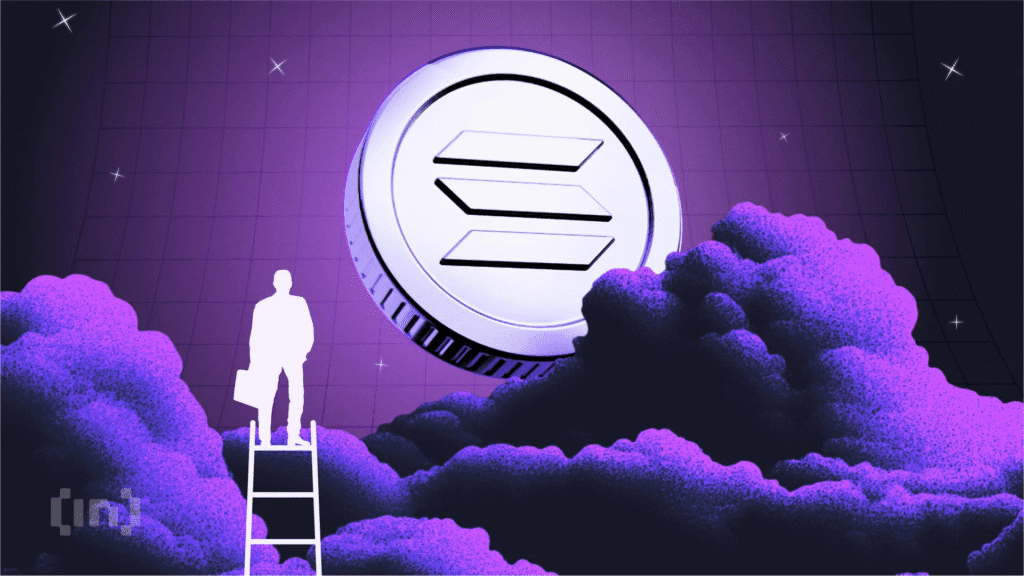The Solana Foundation has launched the Solana Attestation Service (SAS). It is a distributed identity verification protocol designed to simplify compliance and enhance overall network trust.
The tool, announced on May 23rd, allows applications to verify off-chain data, including customer (KYC) checks and user certifications. Do this without directly processing sensitive user information.
Solana launches identity layer amid growing interest in global crypto
According to the Solana Foundation, SAS is introducing encrypted, reusable credentials that can be issued by trusted parties. Once verified, users can interact seamlessly with multiple platforms without repeating onboarding or verification steps.
“SAS enables compliance, access control, reputation systems and programmable identity across the Solana ecosystem. This is a better and easier experience for both end users and builders,” says the Solana Foundation.
This design removes the need for developers to maintain an identity backend, significantly reducing the barriers to integrating compliance features.
According to the foundation, SAS supports a wide range of use cases. These include Defi compliance, access control for blockchain games, DAOS Civil resistance, and location-based verification of connected devices.
Builders can use this tool to enforce region-based restrictions, establish user uniqueness, and create programmable reputation systems.
SAS marks the first release from the newly established Solana Identity Group, a coalition of contributors including Civic, Solana.id, Solid, Trusta Labs, and the Foundation itself. The group aims to develop identity primitives that provide privacy tailored to the Web3 era.
Meanwhile, the launch comes from the growing interest from the traditional finance of Solana’s infrastructure. Nzube Ezido, the country’s lead for Solana Superteam Ng, described SAS as an important part of the network’s evolving financial stack.
“This may be one of the most important primitives that have been launched for a very long time. As it quickly strengthens the capital market narrative, Oracles synchronizing RWAs need this to trust this from chain state to chain state,” Ezido said.
Over the past few months, several traditional financial institutions have been investigating the potential for asset tokenization of their networks due to their speed, scalability, and low fees.
This is evidenced by the fact that R3, a blockchain infrastructure provider with over $10 billion in assets on the Corda platform, is partnering with Solana. The collaboration aims to utilize the capabilities of the network with clients such as HSBC and other major financial institutions.
At the same time, Kraken, a major US-based exchange, announced plans to use Solana’s infrastructure to enable international trading of US-registered stocks.
Market Observers said these collaborations reflect Solana’s growing role in filling real-world funding and blockchain infrastructure.
Disclaimer
In compliance with Trust Project guidelines, Beincrypto is committed to reporting without bias and transparent. This news article is intended to provide accurate and timely information. However, we recommend that readers independently verify the facts and consult with experts before making decisions based on this content. Please note that our terms and conditions, privacy policy and disclaimer have been updated.

